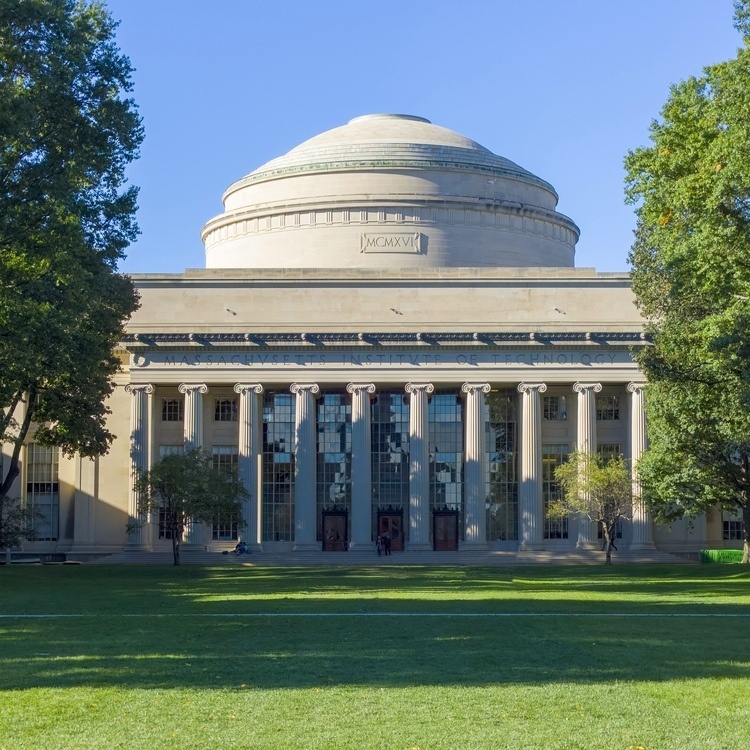
Sugandha Sharma Thesis Defense: Modelling spatial mapping, memory and their underlying mechanisms in the hippocampal complex
Description
Location: 46-3189 MIBR seminar room
On Zoom: https://mit.zoom.us/j/96767642864
Advisors: Ila Fiete and Josh Tenenbaum
Title: Modelling spatial mapping, memory and their underlying mechanisms in the hippocampal complex
Abstract:
Humans form mental representations of the space and environment around them. This ability is fundamental to tasks such as navigation, spatial reasoning, and understanding the relationships between objects in the environment. Spatial mapping in humans involves several cognitive processes, including perception, memory, and spatial reasoning. Memory plays a crucial role in spatial mapping. As individuals move through an environment, they encode and store information about the spatial layout, which they can later recall to navigate or perform tasks. Further, spatial memory involves similar brain regions as those implicated in sequential episodic memories.
Research on human spatial mapping has greatly advanced our understanding of how humans form these mental representations, but leaves us some ways from a complete understanding. In particular, it has been difficult to understand what makes human spatial representations generalizable enabling few-shot learning of maps of novel spaces, how humans store the vast amount of spatial information (maps) experienced through their lifetimes, and what is the connection between spatial memory and episodic memory in the brain, and why is it significant? In this thesis, I aim to answer these questions.
First, I ask whether hierarchical spatial representations form the basis of generalizable spatial representations leading to efficient exploration of novel spaces. I present a Map Induction framework that uses a compositional hierarchy to represent spaces, and present results on its utility for exploring novel spaces.
Second, I ask how humans store the vast amount of information (e.g., compositional map primitives required to form hierarchical spatial representations) experienced through their lifetimes. I present a neural model called MESH (motivated by brain's entorhinal-hippocampal system), that has an exponential capacity and shows a gradual decay in retrieval quality with an increase in the number of stored memories rather than a catastrophic drop.
Third, I present Vector-HaSH, a model of the entorhinal-hippocampal circuit that forms an instance of MESH, preserving all its properties. This model unifies general associative memory, spatial memory and episodic memory providing a computational hypothesis for the unification of spatial and episodic memory roles of the hippocampal complex.
Overall this research bridges the computational, algorithmic and implementation levels of analyses for explaining how humans represent and reason about spaces.

